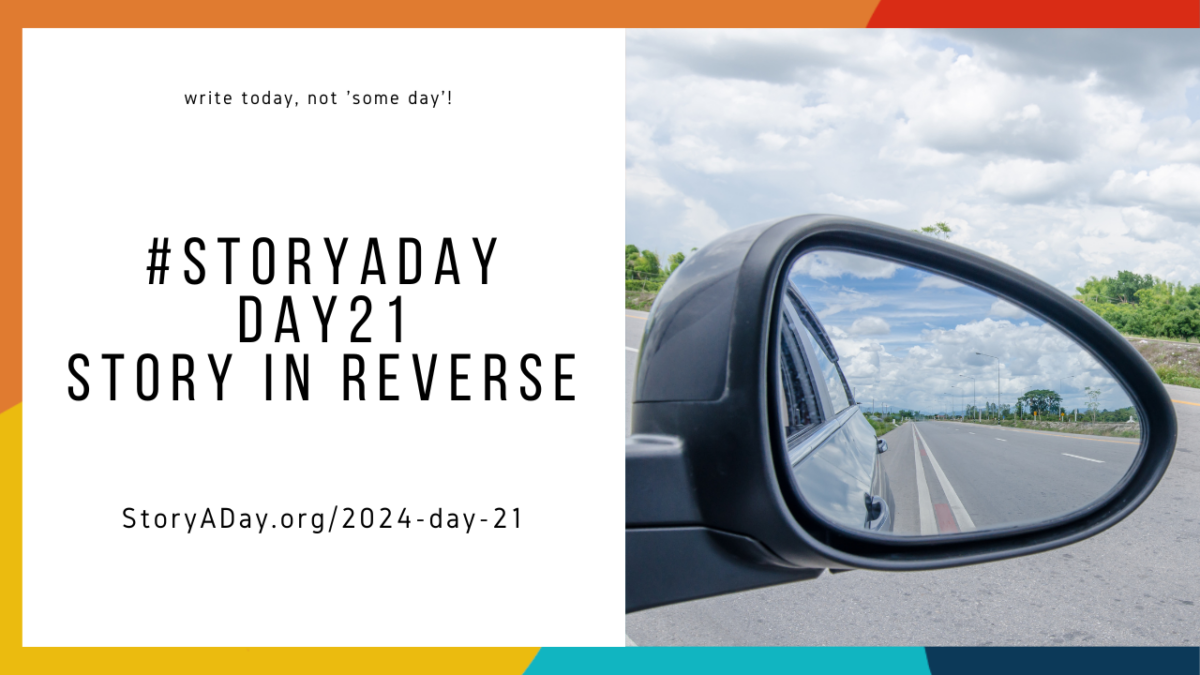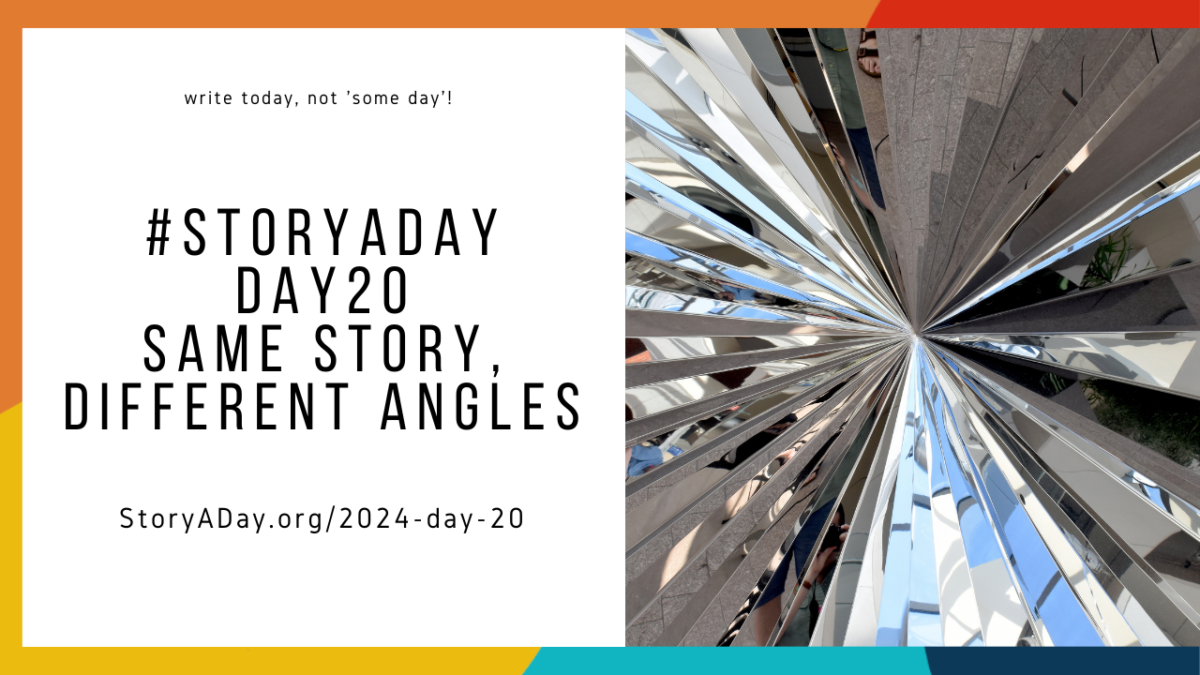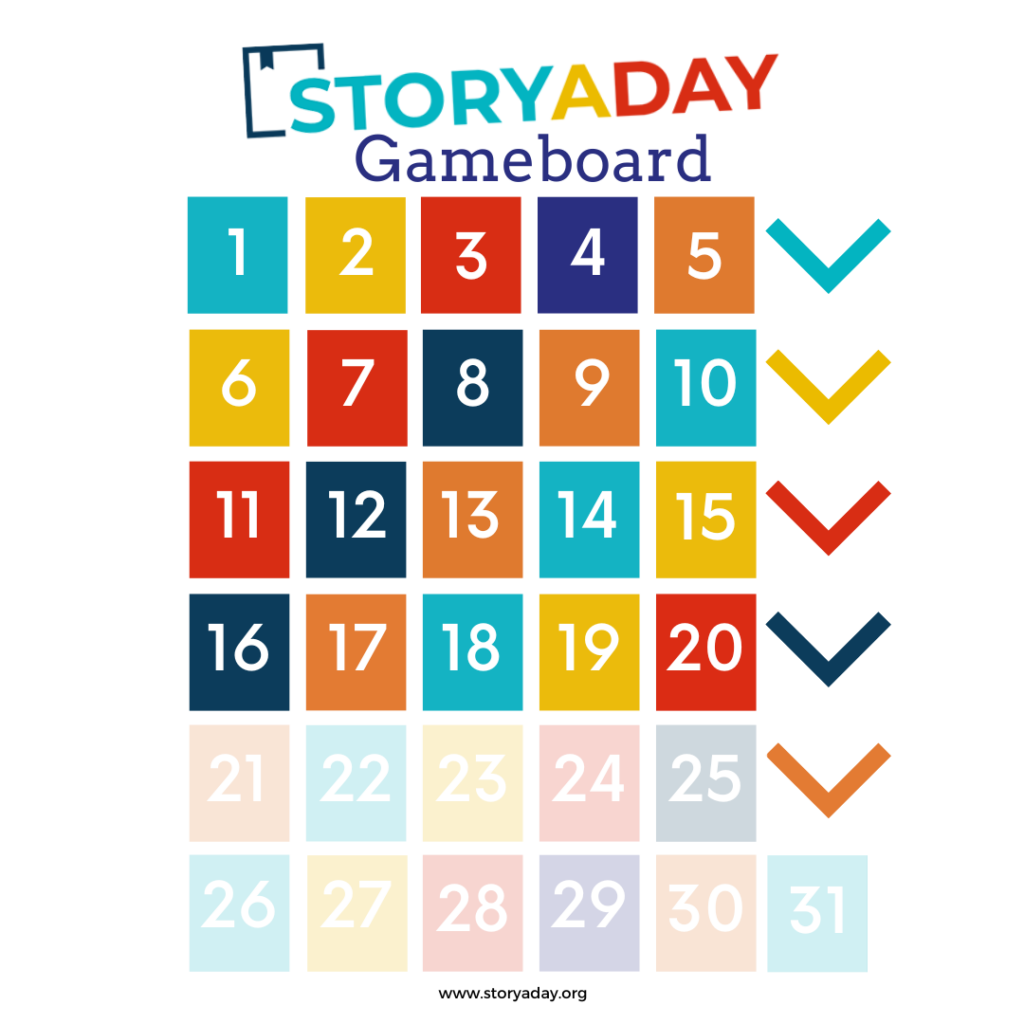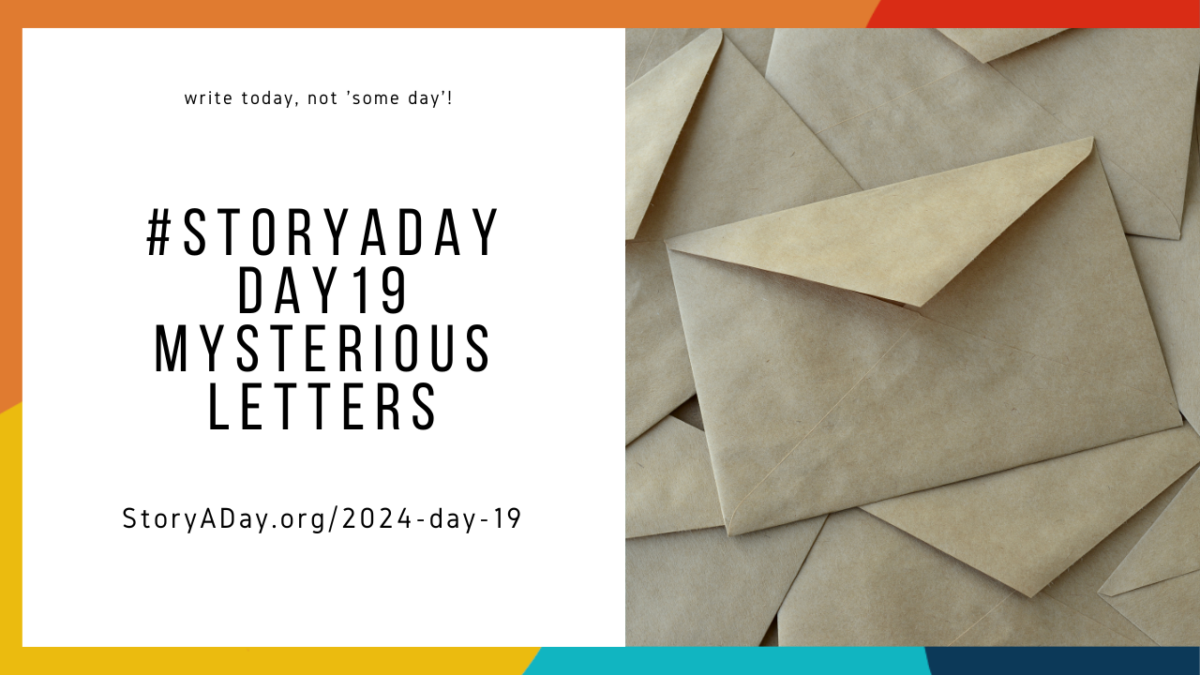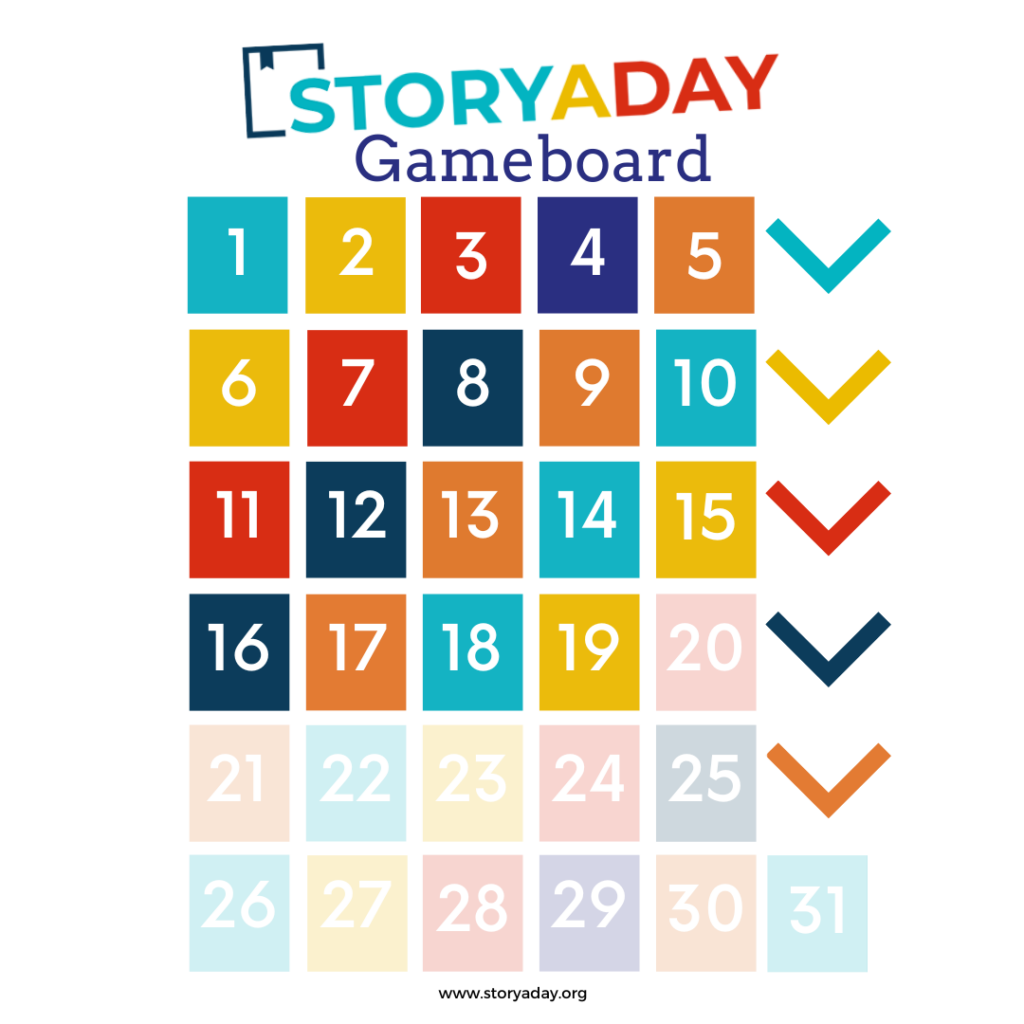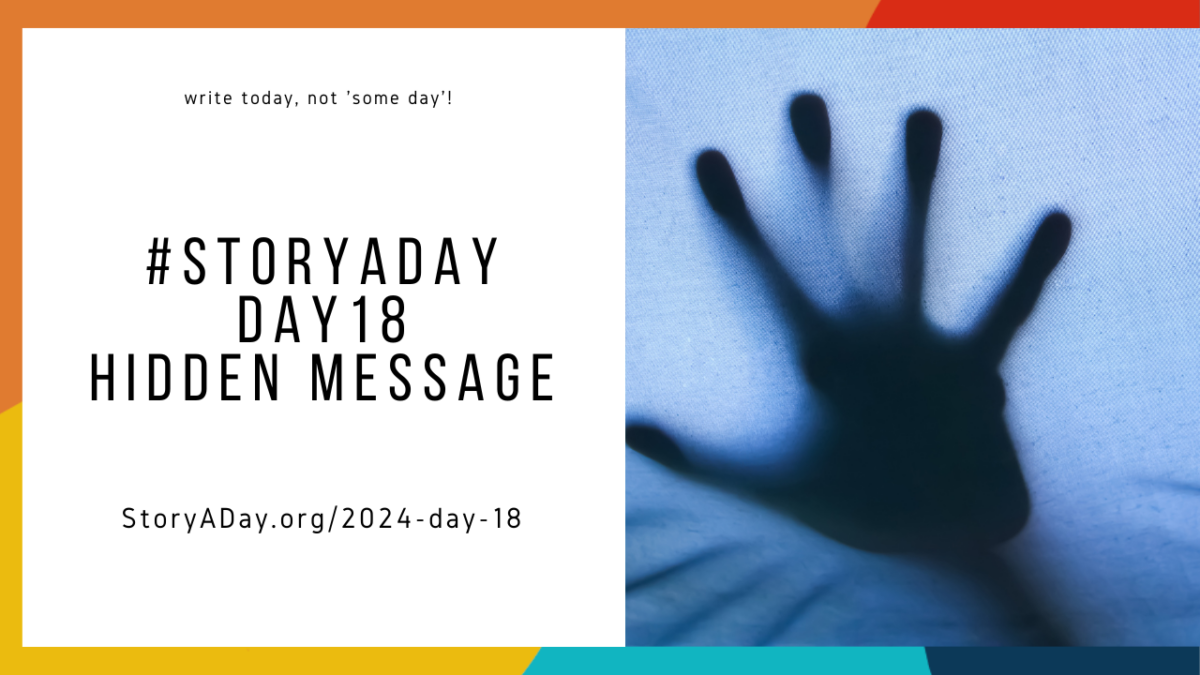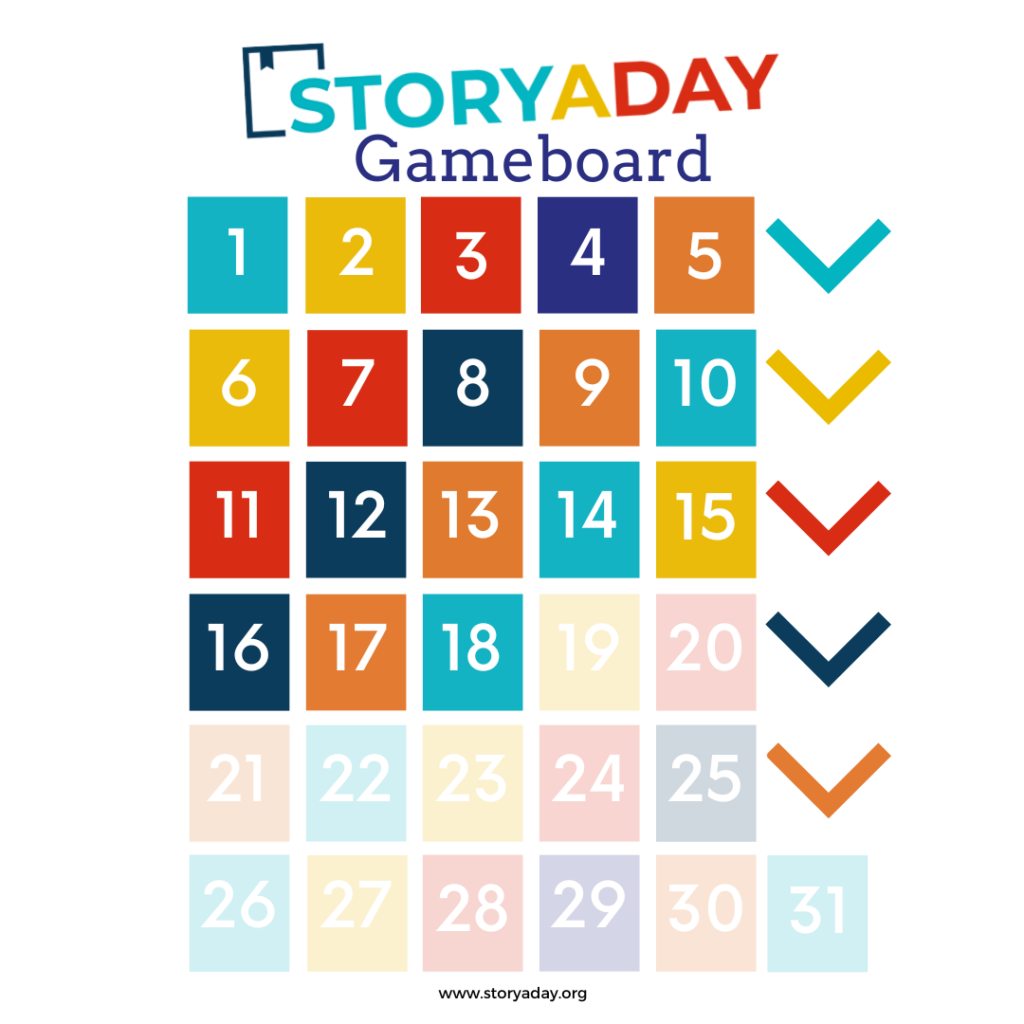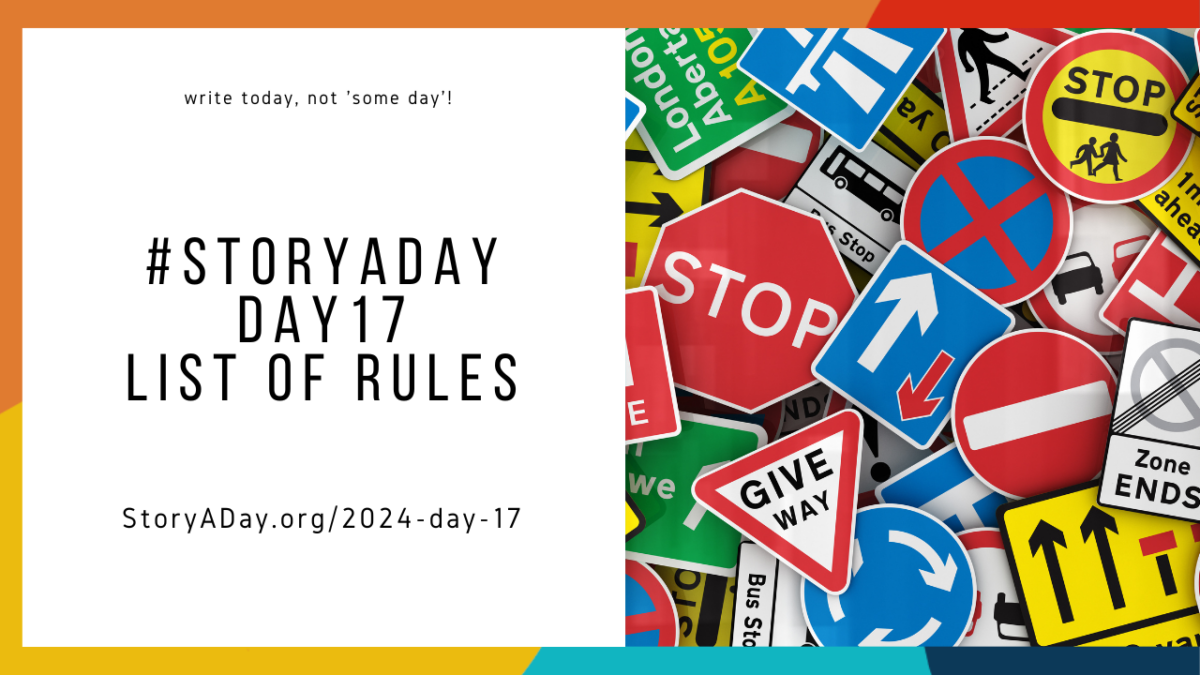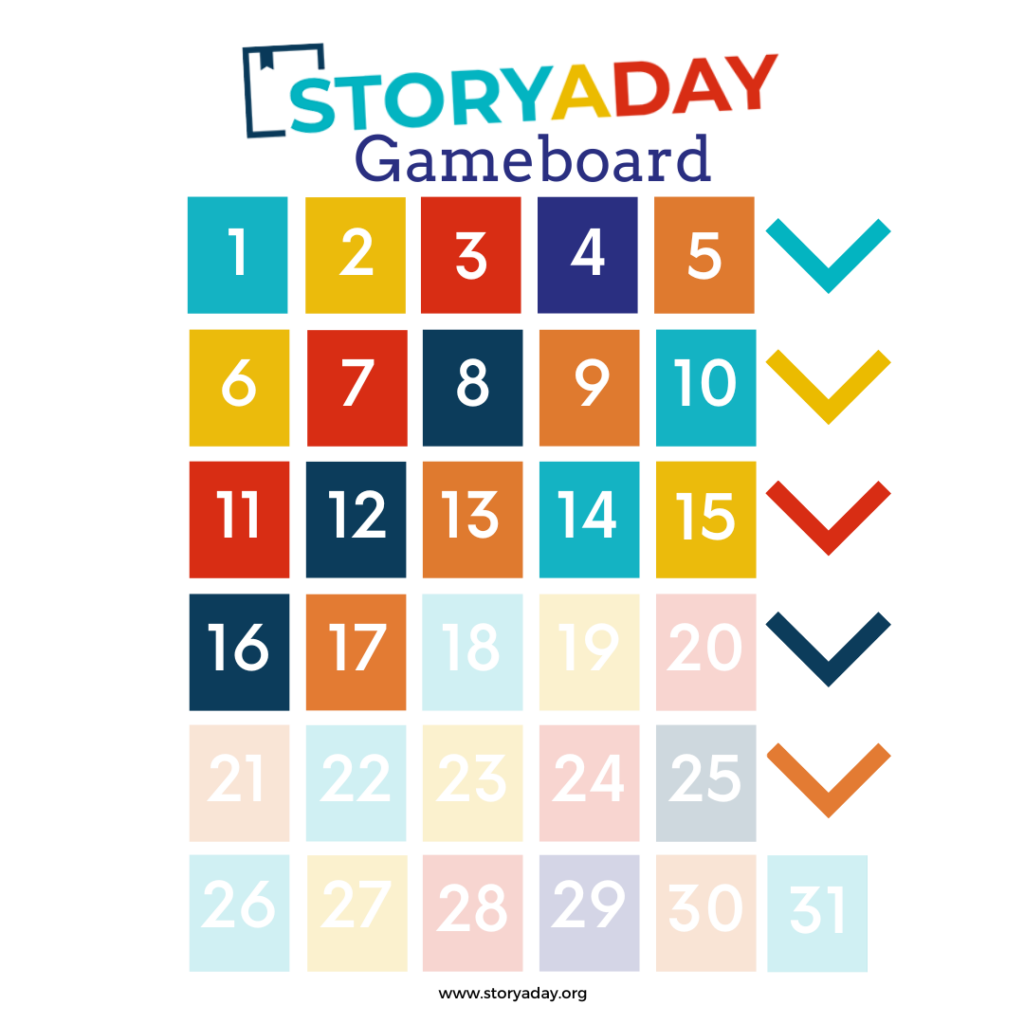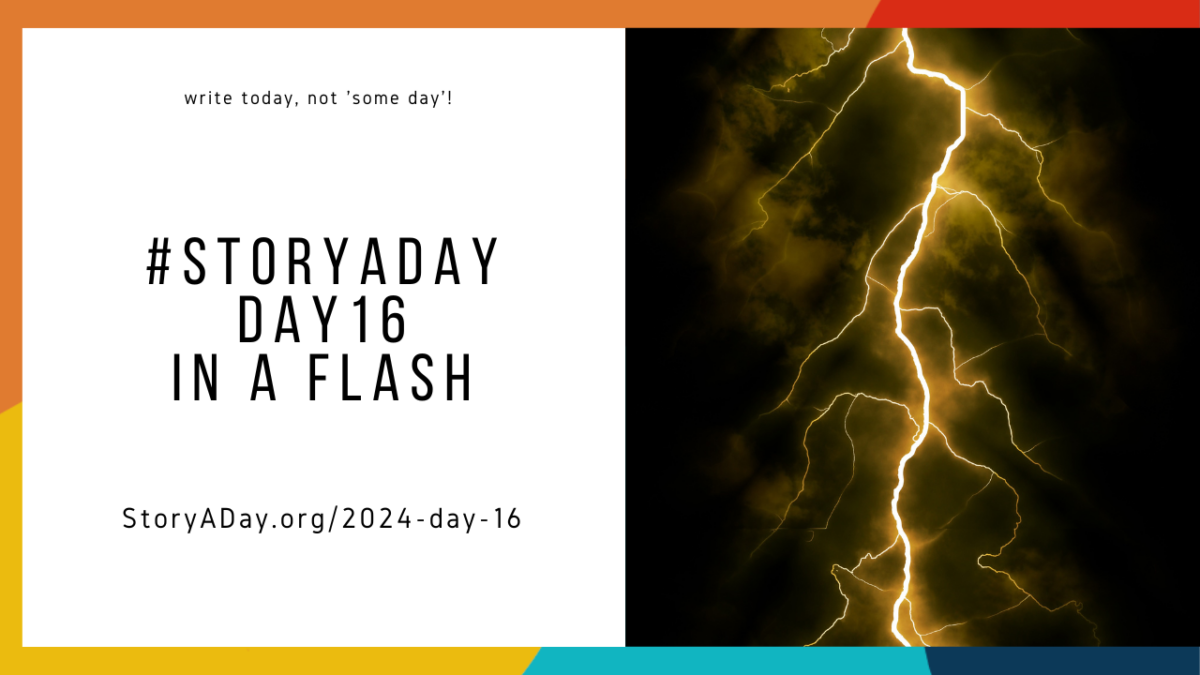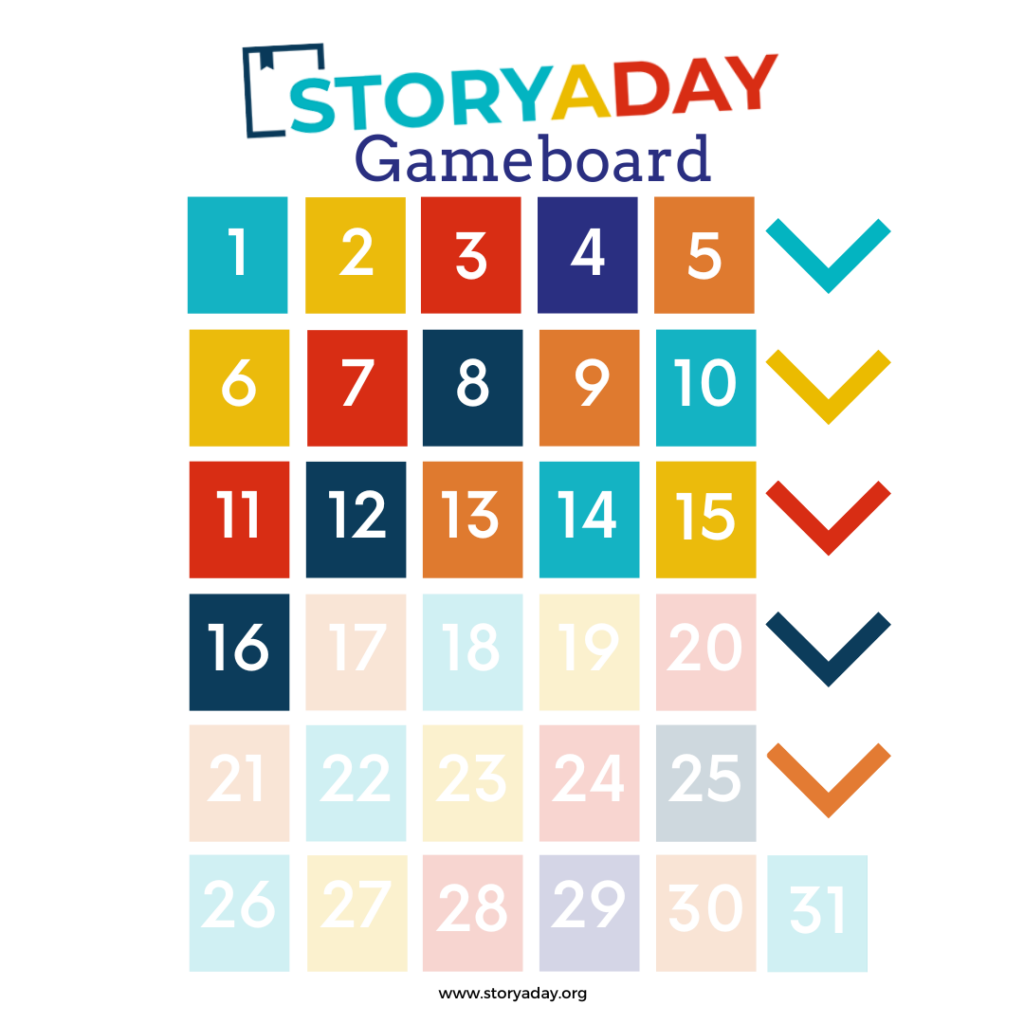The Prompt
Start your story at the end. Write about a character who must do something they really, really don’t want to do in order to get out of a sticky situation.
Things To Consider
For readers of a certain age, I can simply cite the opening of the Tobey Macguire Spiderman movie (Falls off a building. Freezeframe, voice over: “Yup, that’s me. You’re probably wondering how I ended up in this situation…”).
Starting at the moment of peak drama and then jumping back in time to tell the rest of the story is a great and time-honored way of telling a story, and probably the easiest to do on a day like this, when you only have one day to craft the story. S
ome other options for telling a story backwards include literally telling it backwards.
In Courttia Newland’s 2017 story “Reversible”, the narrator shows us the victim of a crime and then tells the story as if it was a film, running in reverse (people back away down the alley and get into cars and reverse away at high speeds).
It’s a clever technique and ends up packing a huge emotional punch as we follow the victim back through his morning and into an average morning. (This is an idea that will take a bit of time to work out, so if you don’t have a lot of time to write today, file this idea away for later!)
Another clever-but-potentially-time-consuming idea, is to tell a palindromic story, in which you tell the story once in one direction and then reverse the direction and tell it again, but in the other direction.
Further Reading:
Here’s an example of a palindromic story and here’s a children’s story that does this very effectively
Here’s a collection where you can read Courttia Newland’s “Reversible”.
Leave a comment and let us know how it went!
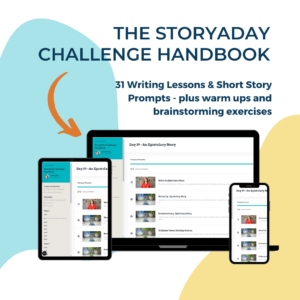 Upgrade now to the Online Challenge Handbook
Upgrade now to the Online Challenge Handbook
Get the Challenge Handbook, with helper videos, audio and text PLUS daily warm ups and brainstorming exercises designed to jumpstart your writing, daily.
Write with us during May or go at your own pace.
Access immediately. (Will stay online as long as I’m running StoryADay!)
Only $31 during the challenge. Price increases to $97 on June 1, 2024


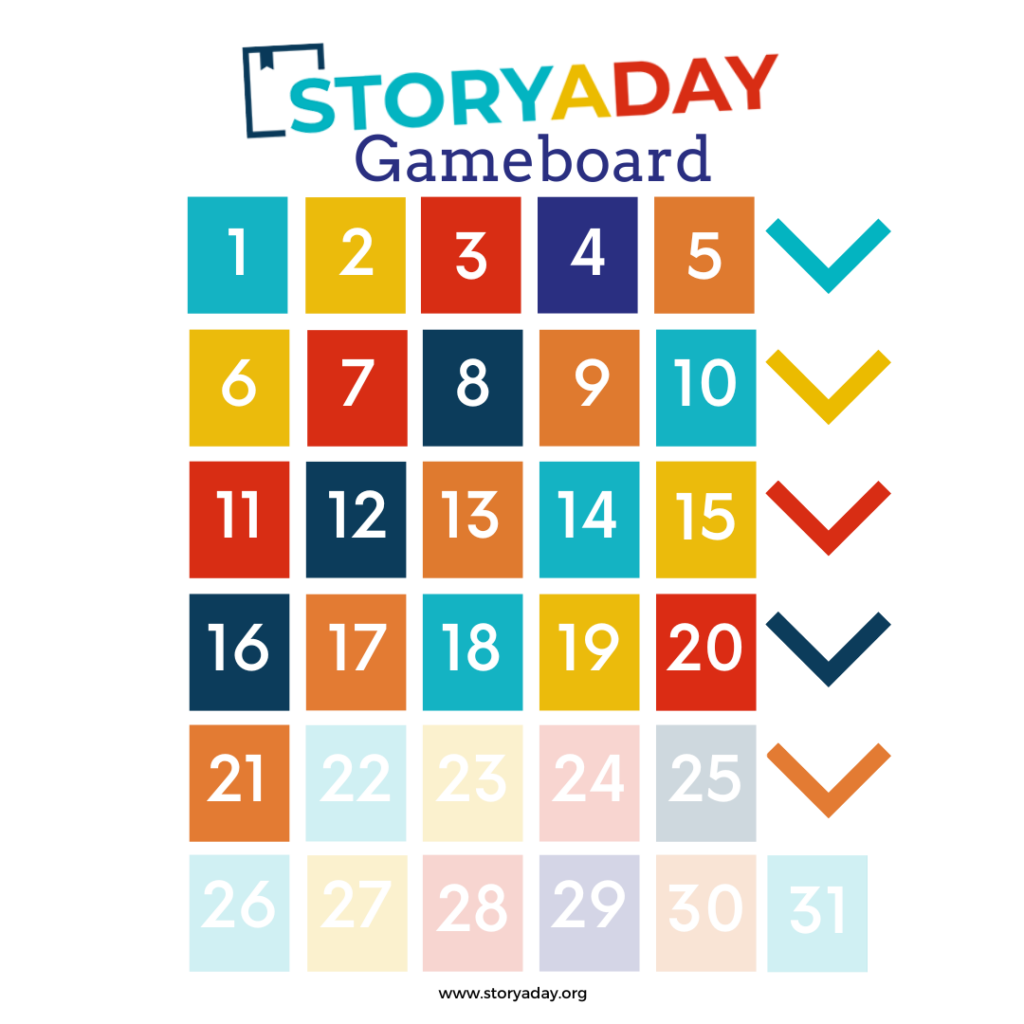
Here’s your next Game Piece. save the image and share on social media with #storyaday
Prefer paper crafts? Here’s the cut & paste version


